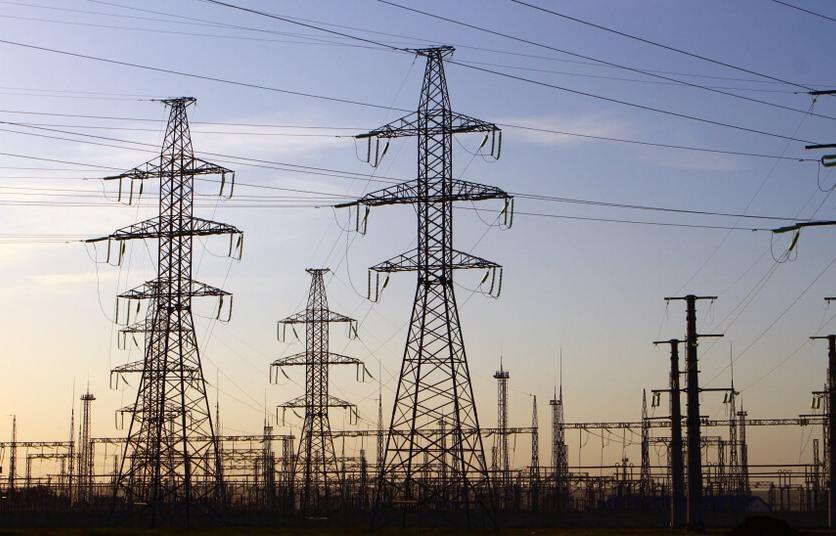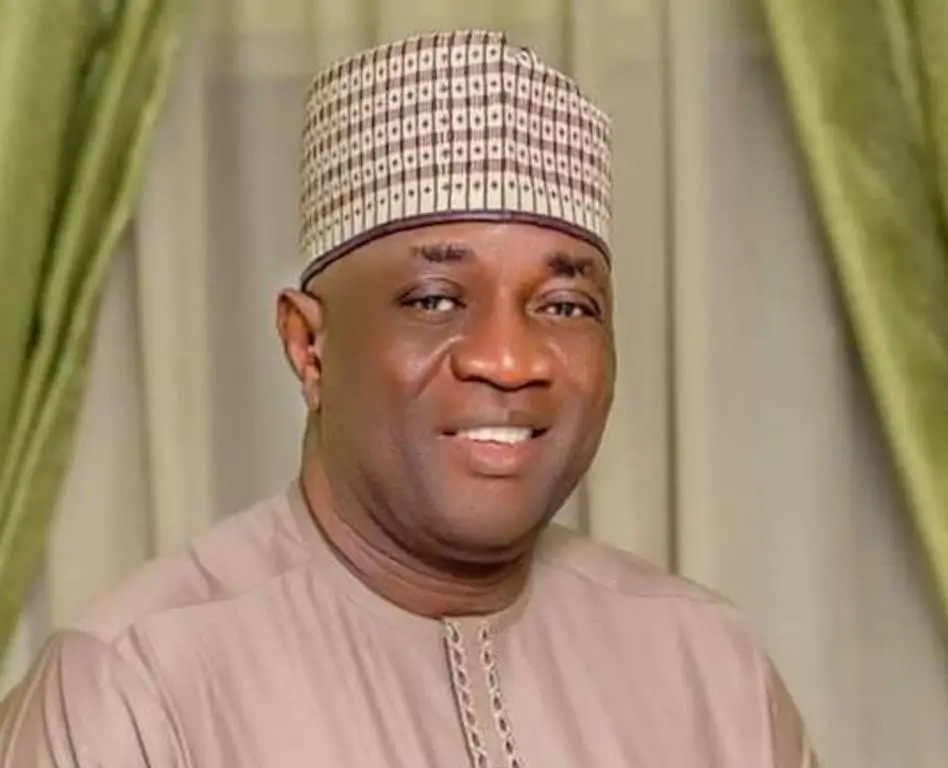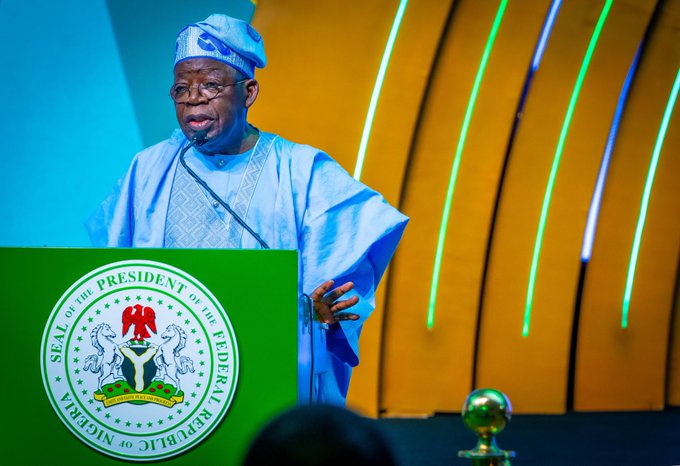Listeners:
Top listeners:
-
play_arrow
104.9FM Best rock music demo
-
play_arrow
Demo Radio Nr.1 For New Music And All The Hits!
-
play_arrow
Demo Radio Techno Top Music Radio
-
 play_arrow
play_arrow
Police Commissioner Launches Weapon and Riot Control Training for FCT Officers Democracy Radio
Senate Decries Power Sector Inequity, Seeks Overhaul of Distribution Model

By Aremu Toyeebaht
The Senate has called on the Federal Government to rethink its approach to the power sector by ending the indirect enrichment of private electricity distribution companies with public funds.
The Chairman, Senate Committee on the Environment, Senator Yunus Akintunde (APC – Oyo Central) said this at the plenary on Thursday.
Speaking on the floor of the Senate, the lawmaker decried the current practice where government funds are being used to purchase electricity transformers for communities, only for the assets to be taken over by DISCos.
“When you buy a transformer with government funds and hand it over to a community, the DisCos demand payment for installation.
“But the moment it is energised, it becomes their asset. That’s how public money ends up enriching private monopolies”, Akintunde lamented.

The lawmaker described the trend as unsustainable and unjust, adding that the government must develop a structured subsidy regime that truly benefits ordinary Nigerians.
“Electricity subsidies are not a Nigerian anomaly—they’re a global necessity.
“Even in advanced economies like the UK, energy is subsidised. We shouldn’t abandon the idea simply because of past abuses. Subsidies, when properly managed, drive growth and shield the poor,” he noted.
The senator also drew attention to what he called a fundamental structural imbalance in Nigeria’s power sector.
According to him, while generation and distribution have been privatised, the government still retains control of the ageing transmission infrastructure, an act he described as underutilised and inadequate.
“If you check most transmission lines and substations, they’re outdated and incapable of handling modern power needs. That’s one of the biggest bottlenecks to reliable supply across the country.
“This is not just about transformers—it’s about fixing a broken system. We must stop using public funds to empower private interests.
“Instead, we must empower Nigerians with affordable and reliable electricity,” he warned.
Written by: Democracy Radio
Similar posts
Copyright Democracy Radio -2024


